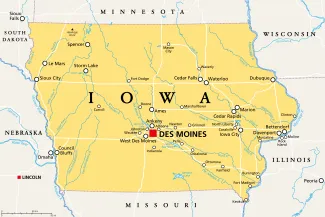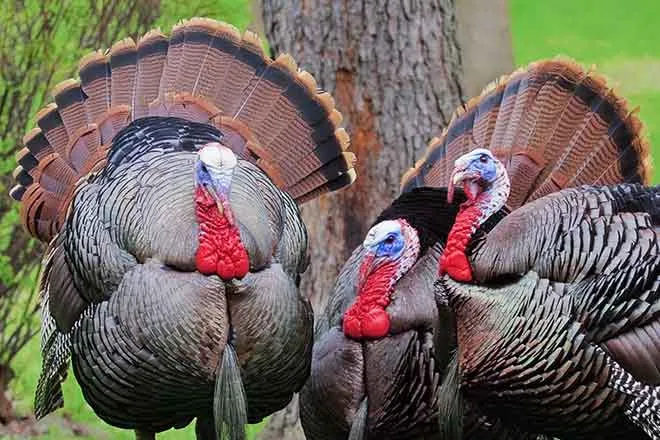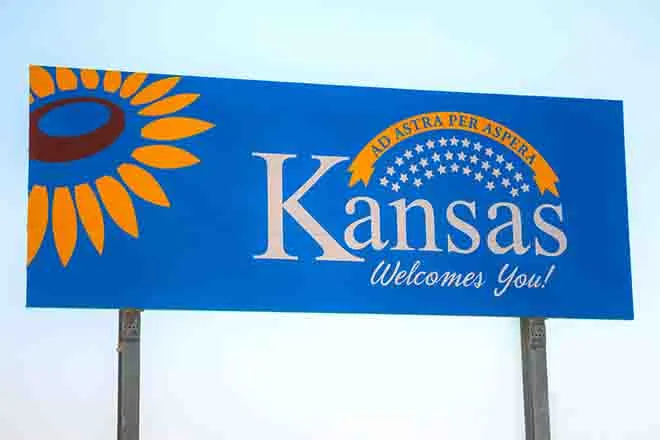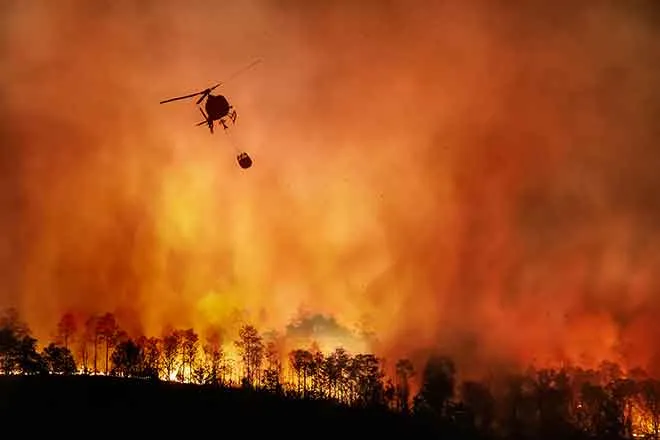
Doctors link binge drinking to higher Iowa cancer rates
Click play to listen to this article.
(Iowa News Service) New research from the University of Iowa found cancer linked to binge drinking is up in the state.
As part of the annual Iowa Cancer Registry, doctors are working to educate people about the dangers associated with excessive alcohol consumption. Iowa has the second-highest and most rapidly growing cancer rates in the nation. Breast, prostate, lung and colorectal cancers will make up about half of Iowa's projected 21,000 new diagnoses in the state this year.
Mary Charlton, professor of epidemiology and director of the Iowa Cancer Registry at the University of Iowa, said researchers found an alarming increase in the link between binge drinking and cancer, and said studies show only 40 percent of people are even aware alcohol and cancer are linked.

"Unfortunately, it works in many different ways to contribute to cancer," Charlton pointed out. "We noted that breast cancer and prostate cancer are two of the ones driving our high, increasing rate and both of those, studies have shown, can be impacted by alcohol."
The Iowa Cancer Registry has been tracking cases, survival rates and deaths from cancer in the state since 1973.
Charlton added Iowa has the fourth-highest rate of binge drinking in the nation and the key to addressing the link between alcohol and cancer is public awareness.
"I think in Iowa, it's just kind of something that's baked into our culture," Charlton acknowledged. "The message here is I certainly don't expect everybody to quit drinking, but just to understand that the more you drink, the higher your risk for cancer is, and the more you can cut back, the more you can lower your risk for cancer."
While cancer diagnoses are on the rise in the state, so too is the number of people beating it. Charlton reported 169,000 people have survived the disease since the Registry first started tracking cases more than 50 years ago.















